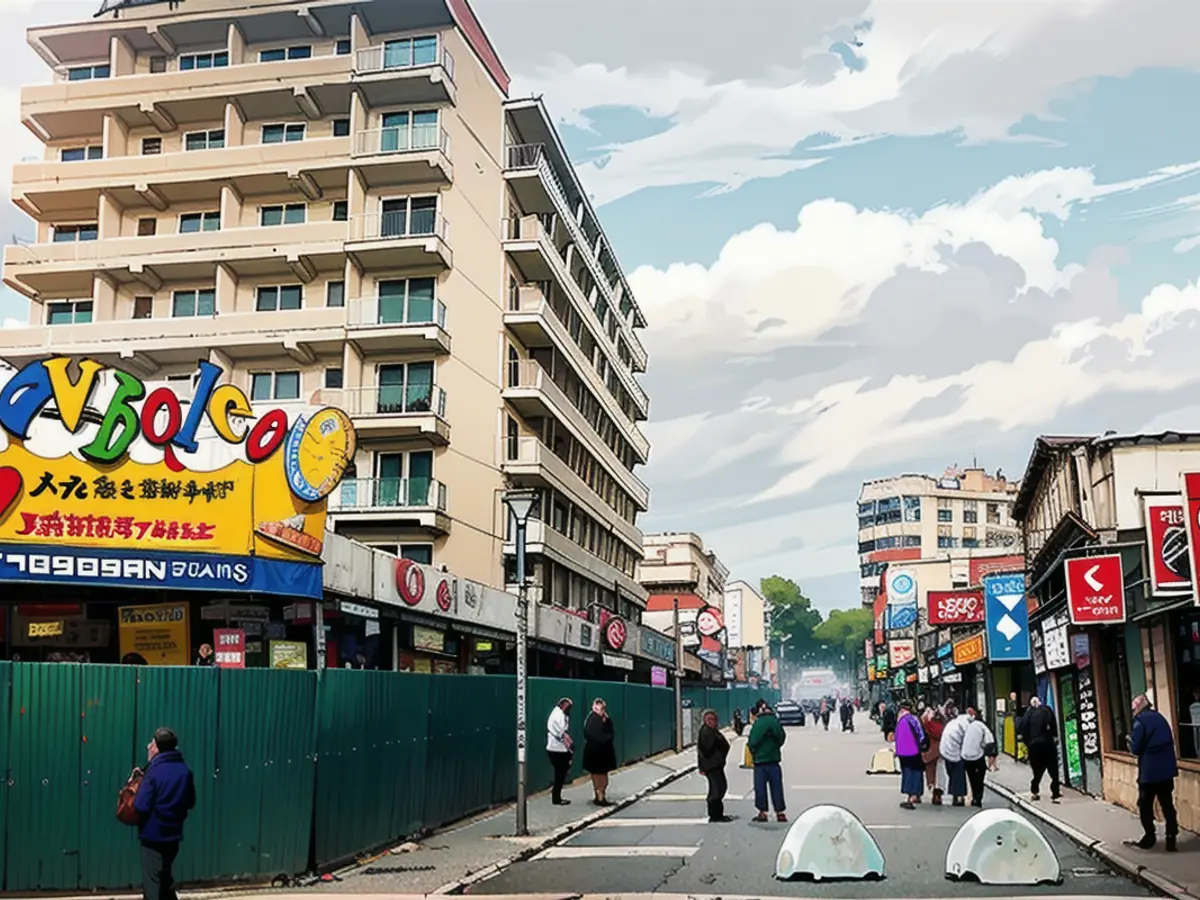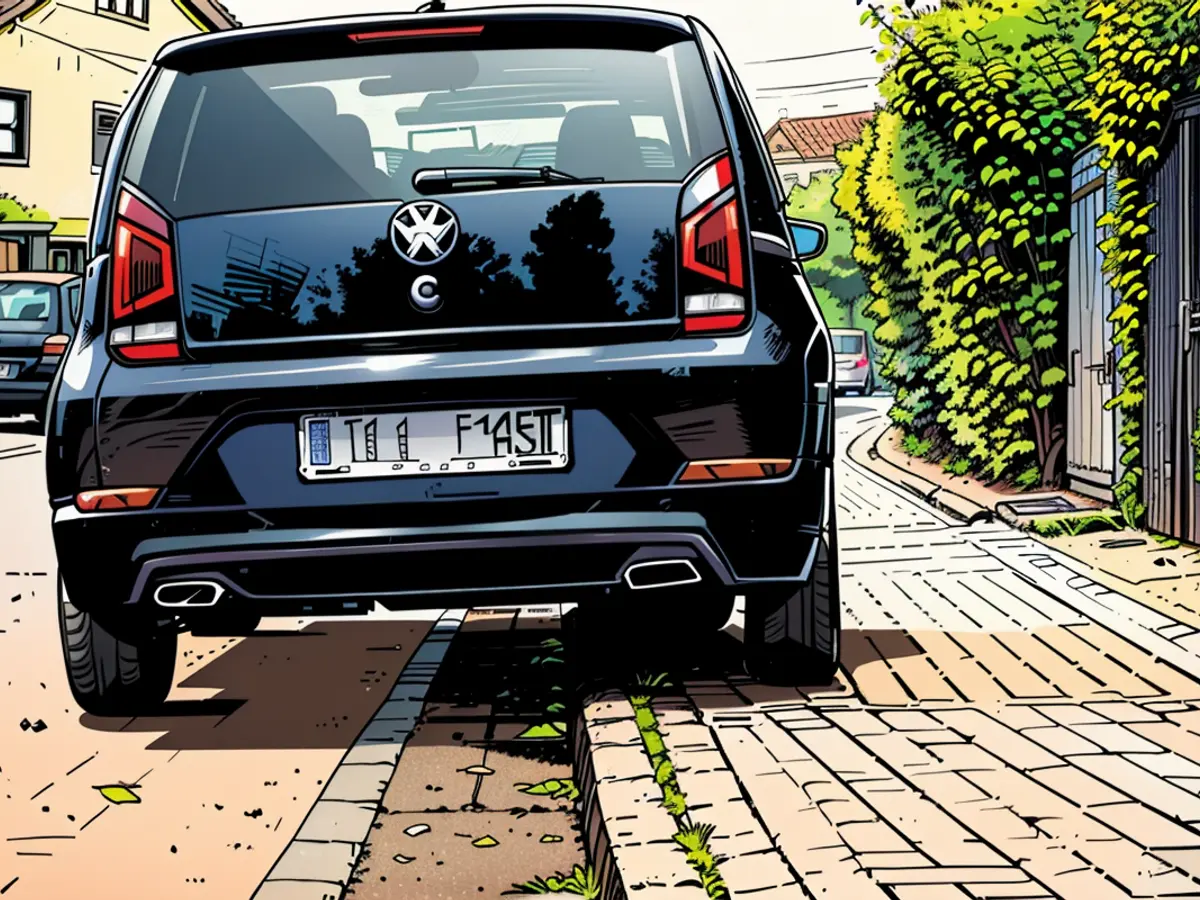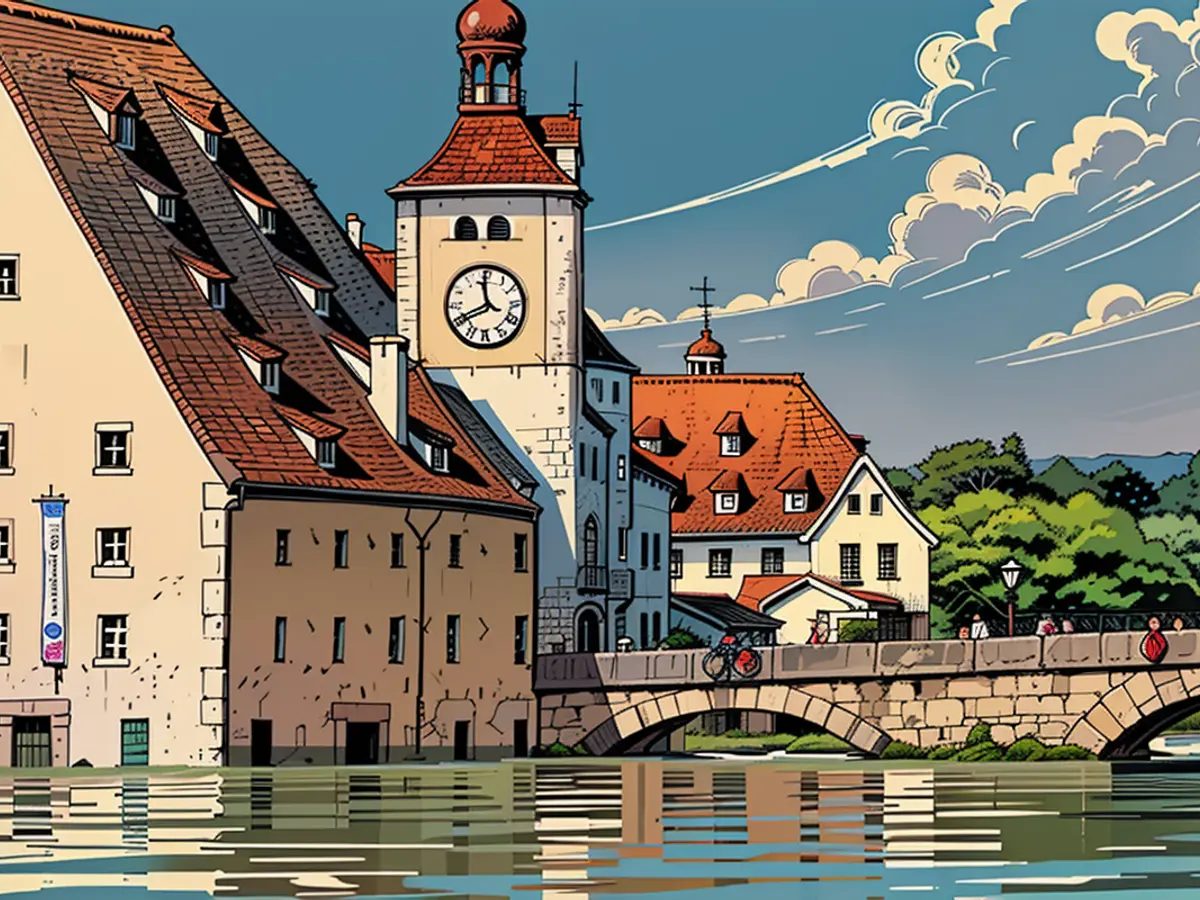Can Mallorca effectively eliminate "disorderly tourism"?
Following the overindulgences of recent years, the Balearic Islands' regional government is taking actions: Alcohol consumption will no longer be permitted on the streets or in certain beaches in Mallorca and Ibiza. Law enforcement is expected to strictly follow this prohibition. However, there are doubts about the effectiveness of such measures.
The extraordinary has become a reality, as it is now prominently included in the Official Gazette of the Balearic Islands. The ban covers wild party locations in Mallorca like Playa de Palma, home to infamous Ballermann, as well as other party zones in the Balearic Islands where "booze tourism" has increasingly raised anger and protests. These areas have been troubled with booze-related issues.
Violators of the prohibition, such as those found carrying an open can of beer in the wrong place, face fines of between 500 and 1500 euros. The "decree for responsible tourism" impacts parts of Palma and Llucmajor in Mallorca, as well as Sant Antoni de Portmany in Ibiza. It is also enforced in the British party stronghold of Magaluf to the west of Palma.
The Mallorcan hoteliers' association FEHM and several other associations express high hopes: "We are glad that measures have been taken to eradicate uncivilized tourism in the four areas affected by it." They believe that this will "increase control over excessive tourism" and "significantly enhance the security of residents and holidaymakers."
Skepticism runs high among many island connoisseurs though. Patrick Schirmer Sastre, a columnist for "Mallorca Zeitung," highlights the intentions are good but points out, "you don't change a mentality or an attitude towards life through laws and pricey fines."
Skeptics cite the Spanish idiom "Hecha la ley, hecha la trampa," which translates to "As soon as there's a law, there are loopholes." Schirmer Sastre argues many will abide by this motto. He thinks, "Fourth-graders who go on a school trip to the pony farm already know how to drink Berentzen Apfelkorn by filling it in a liter bottle of juice spritzer."
The effectiveness of the ban's enforcement will depend on how closely the authorities monitor it. Beatrice Ciccardini, a landlady of the "Zur Krone" restaurant, doesn't seem very optimistic. She believes, "It's the same every year. There are a few more police at the start of the season, but they don't really intervene."
Criticism is also coming from the opposition. Former Tourism Minister Iago Negueruela suggests the government missed the opportunity to effectively address the issue with stricter measures. Oddly, he didn't mention that the previous government's efforts failed to produce satisfactory results.
All agree that measures were needed. The resentment towards mass tourism is growing rapidly not only in Mallorca, but also elsewhere in Spain. A massive protest gathering is scheduled in Palma on May 25. On Wednesday, Balearic Prime Minister Marga Prohenser declared that the tourism model has "reached its limits," while Tourism Minister Marcial Rodríguez said, "We want to feel visited, not invaded." To address the situation, the regional government has decreased the islands' guest bed limit from 430,000 to 412,000.
Throughout history, conservative politicians have typically advocated for the tourism industry to not be disturbed. "The end of a taboo," Última Hora declared in their newspaper's headline. Last year, Mallorca experienced a seemingly excellent season marred by booze tourism. Pedro Marín, chairman of the Playa Hoteliers Association, had a sobering perspective: in terms of excesses, he considered it "one of the worst seasons ever."
Galore of German misconducts have surfaced in various media reports, with this year's summer witnessing frequent fisticuffs. Drunk revelers roamed aimlessly on the streets and sometimes turned unruly. Bad blood between bouncers and holidaymakers also brewed, with devastating results. Especially troubling were the horrific events in July and October, when an alleged gang rape and the murder of a German occurred, respectively.
Marín has been striving for more police patrols for quite some time now. Hotel owners have even kindly offered these officers a place to rest for the night. Yet, no one has accepted the generous offer.
The new measures aim to mitigate these troublesome events. Annually, each of the four afflicted zones will receive four million euros to realize the newly enacted laws. The revenue emanates from the tourist tax. The restrictions, however, only apply to terraced restaurants, hotels, and bars. Alcohol can still be served onboard party boats. These boats must adhere to a one-nautical-mile distance from the affected zones and beaches. They are also forbidden to pick up or drop off guests in these areas.
In 2020, a legislative package was planned to cope with the recurring chaos, but the pandemic skewed these efforts. Prohibitions on outdoor drinking parties were instituted, yet the cap on participants was left undefined. Worse still, the situation escalated. Presently, the authorities are hopeful of greater accomplishment with the latest decree. The new terms will transpire until the end of 2027.
Read also:
- Floods: water levels remain critical in many places
- Snow chaos further restricts Bavaria
- Continuous operation in the flood areas
- Flood situation remains tense in many places
Source: www.ntv.de








